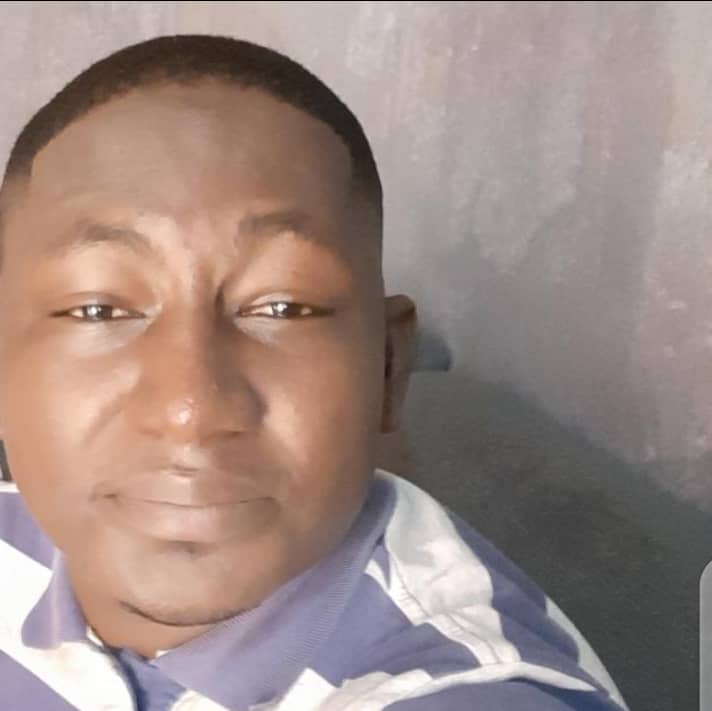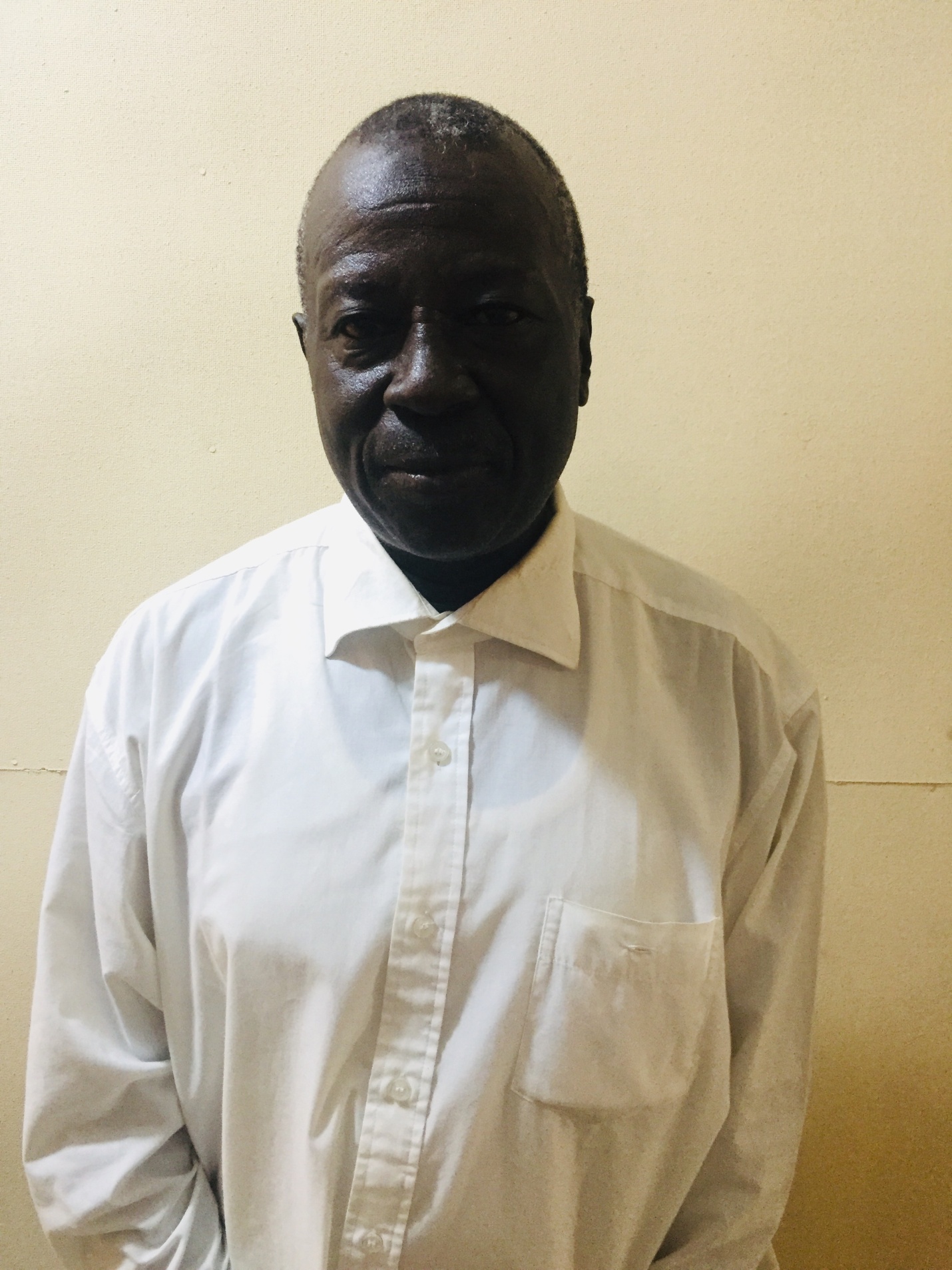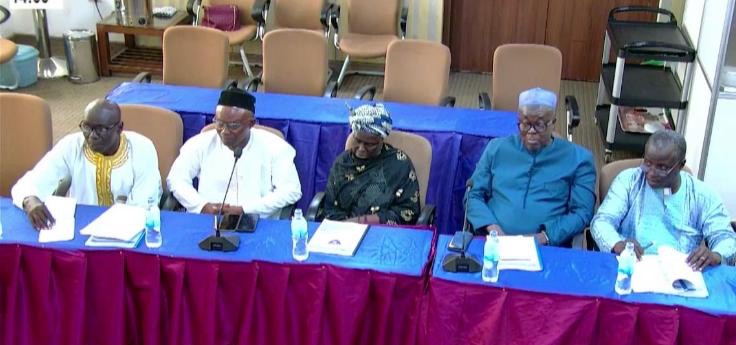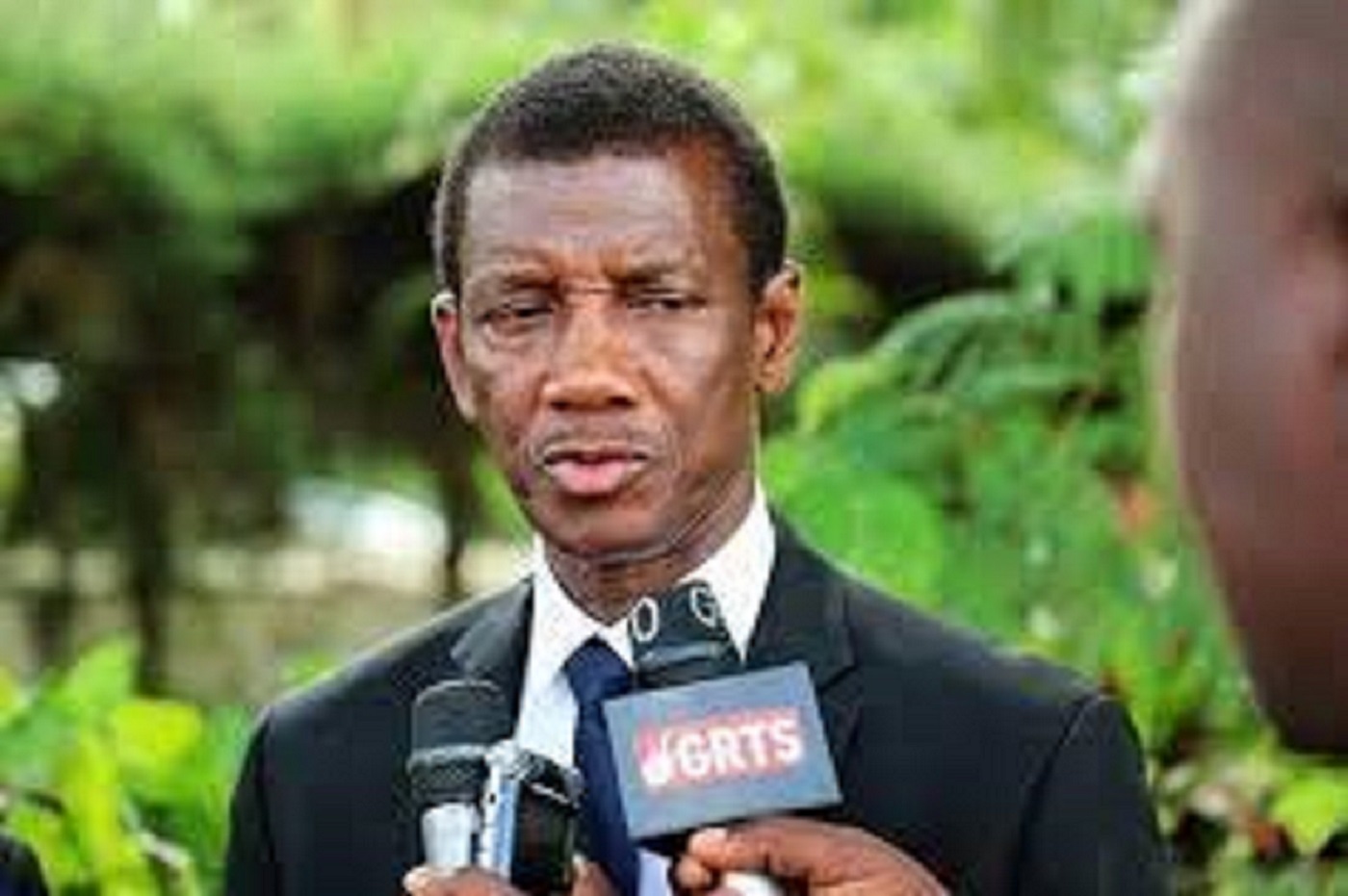By: Nyima Sillah
COVID-19 has impacted the job of all professionals more especially journalists who are part of the frontline workers, as one of their duties is disseminating information to the general public.
Their job in searching for stories both day and night to update the masses in this trying period of coronavirus pandemic becomes harder and making them vulnerable.
Since the first case was registered in the country up till now that the country’s cases is increasing daily they never relent in their efforts to gather more information to inform the public about the latest issues.
Sampling opinions of some journalists from different media houses revealed some of the troubles they are encountering since the outbreak of the Covid-19, as part of frontline workers.
Omar Bah of The Standard Newspaper said not only life but work is not as usual. “Life is not as usual talk less of work. Looking at the newspapers every morning, the stories we publish are almost the same, which shows that Covid-19 is taking over the narrative. That makes work very difficult especially when it comes to diversifying stories it becomes more challenging to have sources to talk to in this period”, he said.
He added that half of their reporters are now working from home according to instruction from the management. Himself didn’t fall in category of those working from home but noted that “since the upsurge of the pandemic in the country I have stopped going for coverage and press conferences. I now do all my works via telephone which also could be very difficult sometimes.”
Expressing journalists fear, he said everyday they (journalists) wake up and leave for office thinking of if they will return home safely or not.
“Speaking from experience, this is something new to me but it is my responsibility as a journalist in this trying time to update the public so it is difficult to seat back and wait for others to tell the story. However, I’m being careful in protecting myself from the virus.”
Buba Gagigo journalist from Kerr Fatou stated journalist number one priority is to get stories and during this covid-19 it becomes very difficult hence it is scary to go out and get stories. “As for me, I prefer going to places that are very safe because there is no story worth a life,” he stated. And disclosed that before the covid-19 reporters can gather some stories in each outing compare to present days whereby you can hardly get three stories in a week.
He noted that getting a source for a story now is more difficult especially when dealing with a story that involve different sources, as many people are not comfortable to talk to people health wise.
Commenting on the ongoing declared curfew to curb the restriction of people to avoid spread of Coronavirus, he said it is the first time in his career to cover a curfew situation but finding it very interesting. On this he said within the short period of the curfew he has been able to gather some experiences as far as his job his concerned.
“I put in so many safety measures and some of the things are provided for me by the media house I work for which include face mask, hand gloves, press jacket among necessary PPEs for the night curfew,” he explained.
However, Bai Ibrahim Cham a news broadcaster GRTS explained that as journalists “Our primary purpose is to cover and disseminate information to the public. On a daily basis different events need coverage and as State Broadcaster there are lots to air on both radio and TV.”
He disclosed that due to strict restrictions on public gatherings some of the functions cannot be met as they are no longer happening “and it is a constraint on reporters to file stories to fill the
1hour news bulletin on a daily basis.” .
He added that “Covid-19 has a lot of stories link to it. The socio economic impact, psychological impact, the rise in gender based violence due to the State of Public Emergency, the closure of schools etc. From the pandemic itself I believe there are tons of storylines journalists can work on.”
“The GRTS really cares about our welfare so they have provided us with face masks, hand sanitizers, gloves and also boom microphone in order to keep a distance from whoever we are interviewing. And we also take our own safety precautions by making sure all these items given to us are well utilized.”
From Choice FM Radio Station, Ousman Seckan, like others said their job is to inform the public and cover different sectors which include education, economy, social, environment, agriculture, sport among others “but these activities have reduced.”
He noted that “recently no one talks about sports in The Gambia due to Covid-19 but only talks about politics and now there is no political rally happening now.”
According to him, since the emerged of Covid-19 “we find it very hard to gather information and it is very difficult to meet sources because you do not know who’s infected.”
He noted that online interviews or sending questionnaires is really hard doing because sometimes you might found it difficult to have some follow-up questions.
“Gambians are known for socialization so since the emerged of covid-19 it has reduced
Socialization has reduced significantly which makes life very boring. Religious places are closed which another impact of the pandemic is,” he expressed.
Jarra Cham, a freelancer also added that the pandemic in all ways affected her as a student, freelancer, and as a citizen. Because she earns less and all what she is doing have been taken up by Covid-19.
“Recently the only thing I am engage in is farming because it is the only way to help myself and not to be dependent. Although to be a freelancer and not being able to go to work for more than 4 or 5 months is unbearable since you will not be able to get support from anywhere,” she explained.
But positively, she said Covid-19 has attached her more with the family.





